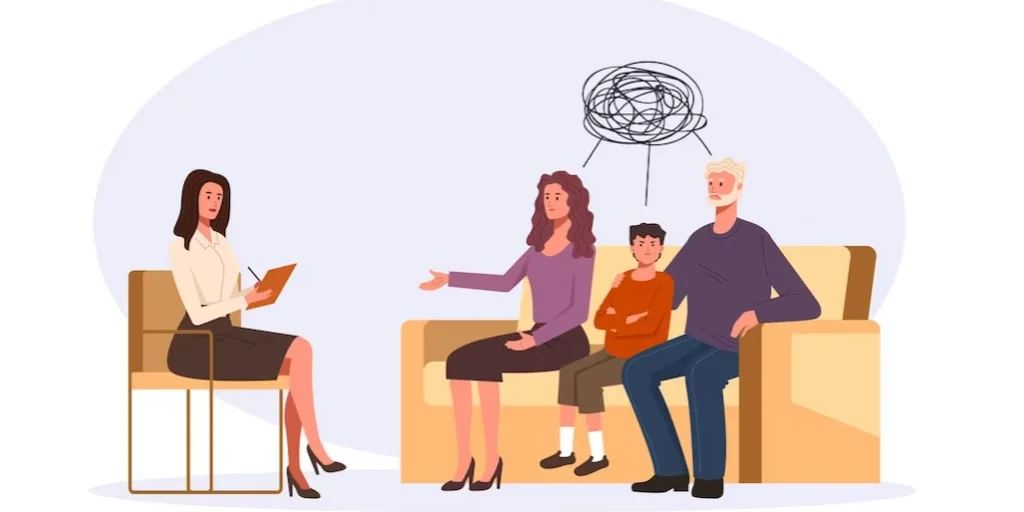24/7 Helpline:
(866) 899-221924/7 Helpline:
(866) 899-2219
Learn more about Medication-assisted Treatment centers in Gunnison County

Other Insurance Options
Beacon

Absolute Total Care

Optima

Magellan

MVP Healthcare

Premera

Holman Group

State Farm

Optum

United Health Care

Humana

Regence

Carleon

Ceridian

UMR

UnitedHealth Group

Highmark

MHNNet Behavioral Health

AllWell

Multiplan

The Center for Mental Health
The Center for Mental Health is a non-profit organization and is governed by a board of directors re...

Teocalli Treatment Options
Teocalli Treatment Options offers outpatient treatmnet for individuals with alcohol and/or substance...






















The Center for Mental Health – Crystal Hall
The Center for Mental Health is a non-profit organization and is governed by a board of directors re...










































